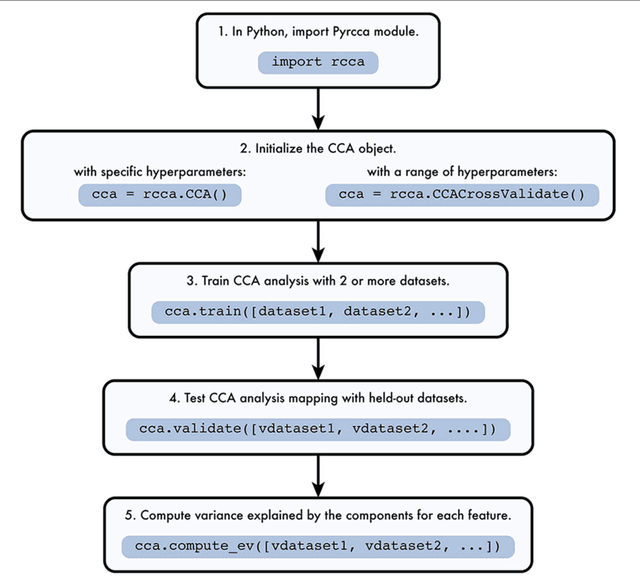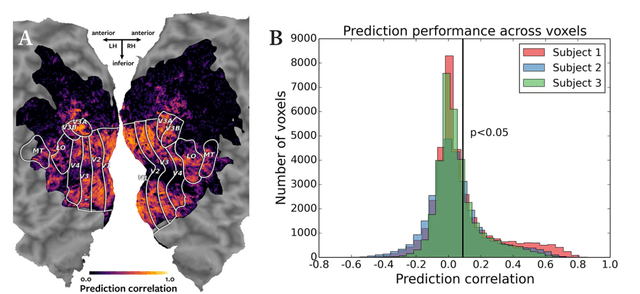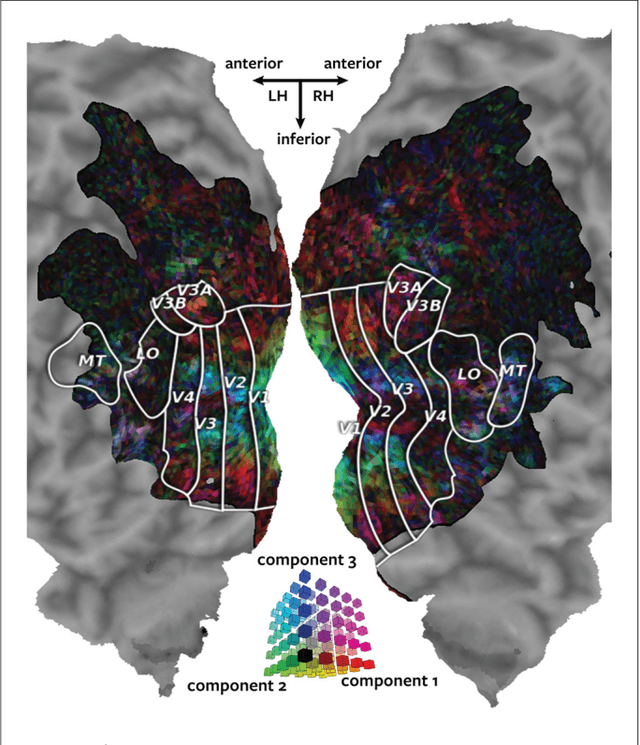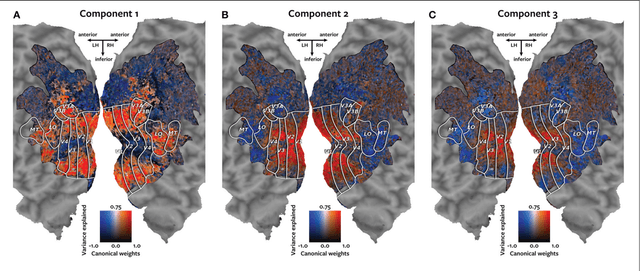Natalia Y. Bilenko
Queer In AI: A Case Study in Community-Led Participatory AI
Apr 10, 2023Abstract:We present Queer in AI as a case study for community-led participatory design in AI. We examine how participatory design and intersectional tenets started and shaped this community's programs over the years. We discuss different challenges that emerged in the process, look at ways this organization has fallen short of operationalizing participatory and intersectional principles, and then assess the organization's impact. Queer in AI provides important lessons and insights for practitioners and theorists of participatory methods broadly through its rejection of hierarchy in favor of decentralization, success at building aid and programs by and for the queer community, and effort to change actors and institutions outside of the queer community. Finally, we theorize how communities like Queer in AI contribute to the participatory design in AI more broadly by fostering cultures of participation in AI, welcoming and empowering marginalized participants, critiquing poor or exploitative participatory practices, and bringing participation to institutions outside of individual research projects. Queer in AI's work serves as a case study of grassroots activism and participatory methods within AI, demonstrating the potential of community-led participatory methods and intersectional praxis, while also providing challenges, case studies, and nuanced insights to researchers developing and using participatory methods.
Pyrcca: regularized kernel canonical correlation analysis in Python and its applications to neuroimaging
Mar 05, 2015



Abstract:Canonical correlation analysis (CCA) is a valuable method for interpreting cross-covariance across related datasets of different dimensionality. There are many potential applications of CCA to neuroimaging data analysis. For instance, CCA can be used for finding functional similarities across fMRI datasets collected from multiple subjects without resampling individual datasets to a template anatomy. In this paper, we introduce Pyrcca, an open-source Python module for executing CCA between two or more datasets. Pyrcca can be used to implement CCA with or without regularization, and with or without linear or a Gaussian kernelization of the datasets. We demonstrate an application of CCA implemented with Pyrcca to neuroimaging data analysis. We use CCA to find a data-driven set of functional response patterns that are similar across individual subjects in a natural movie experiment. We then demonstrate how this set of response patterns discovered by CCA can be used to accurately predict subject responses to novel natural movie stimuli.
 Add to Chrome
Add to Chrome Add to Firefox
Add to Firefox Add to Edge
Add to Edge